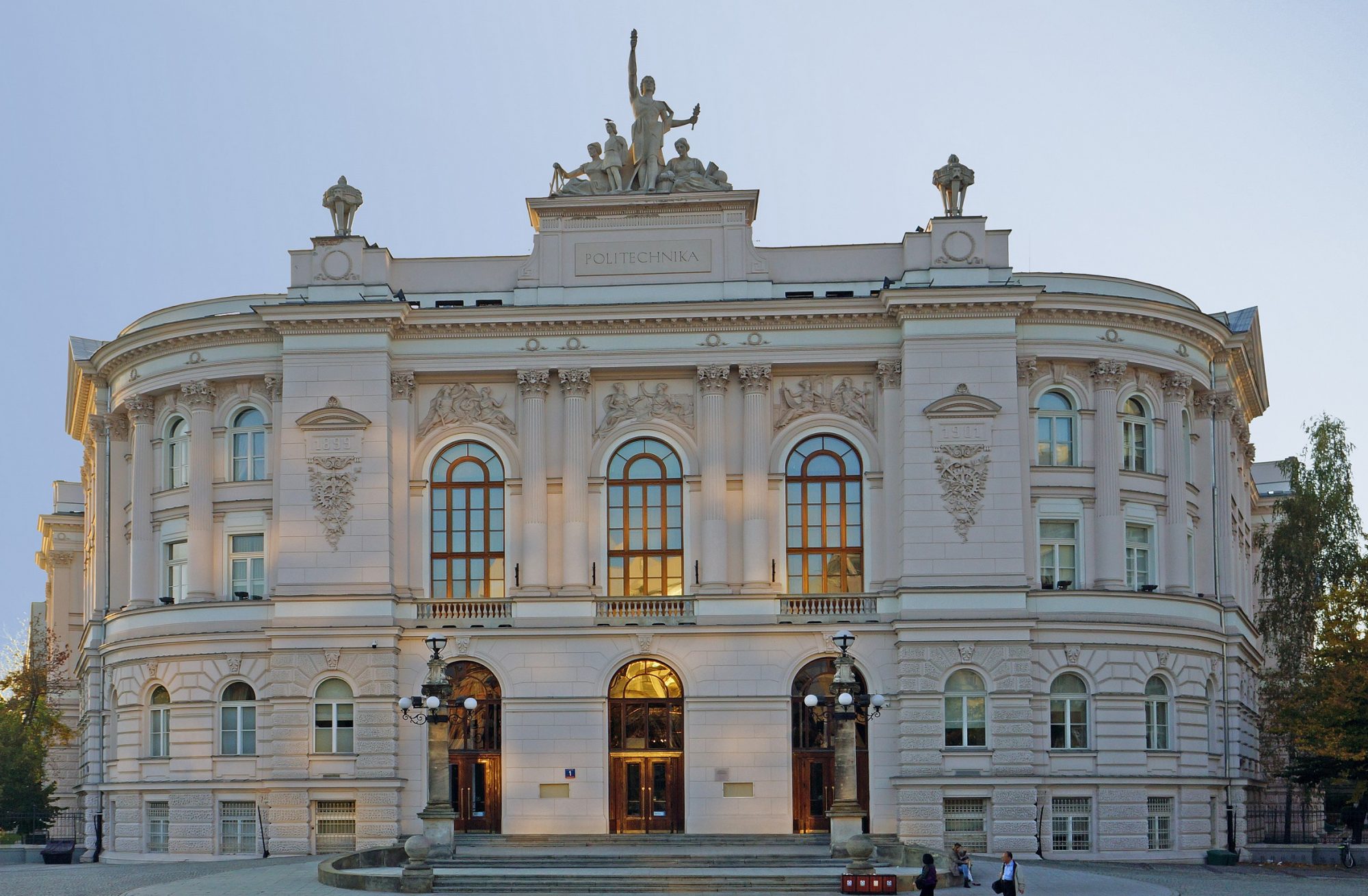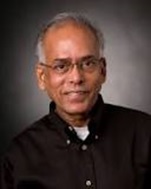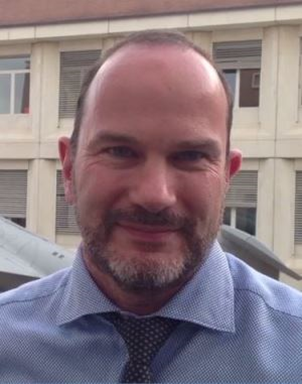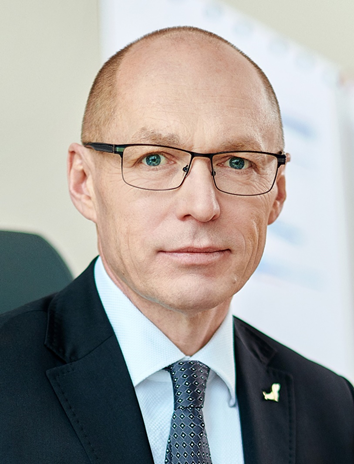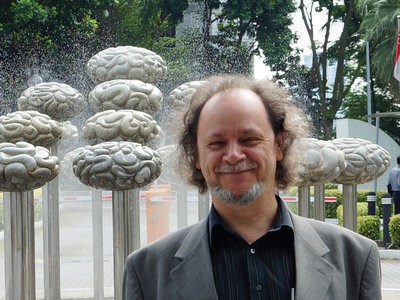Creating a transdisciplinarity index: the route to self-assesment
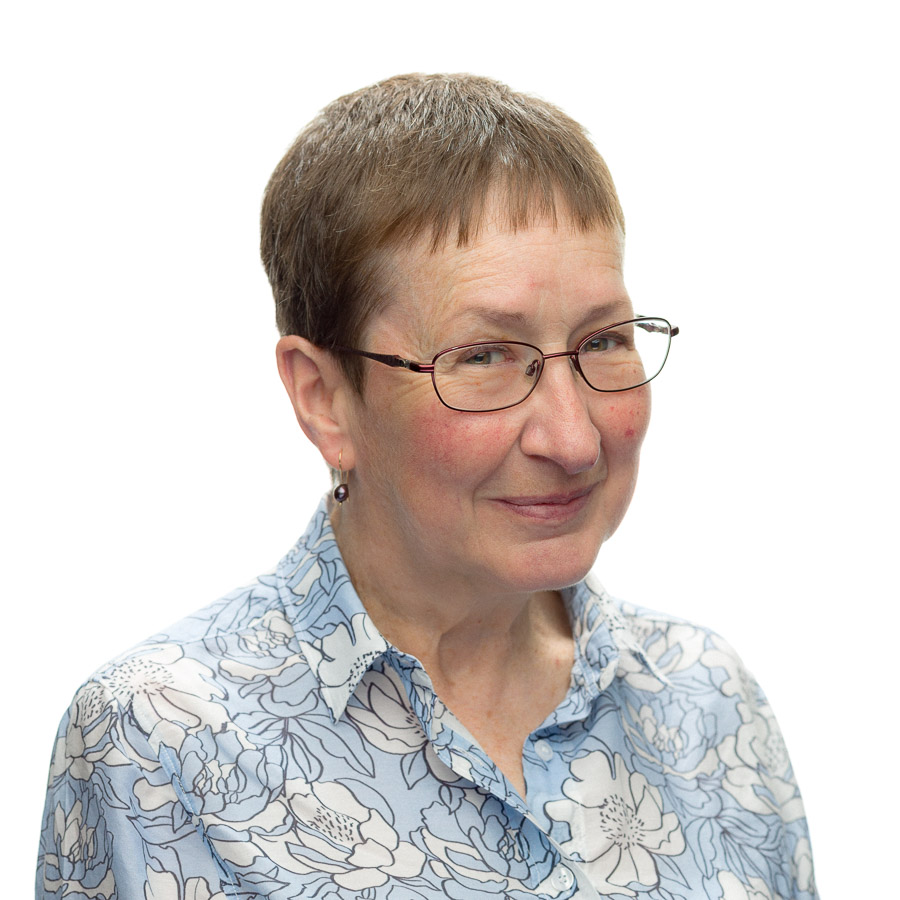
Linda Newnes
University of Bath, Great Britain
The rise in environmental awareness seen in the 1990s’ brought with it an increased interest in transdisciplinary research. More recently, the use of transdisciplinary approaches within engineering have started to emerge. But what is transdisciplinary engineering and what does it mean to conduct transdisciplinary engineering research? Once we know this – we measure our level of transdisciplinarity.
Continue reading “Linda Newnes”